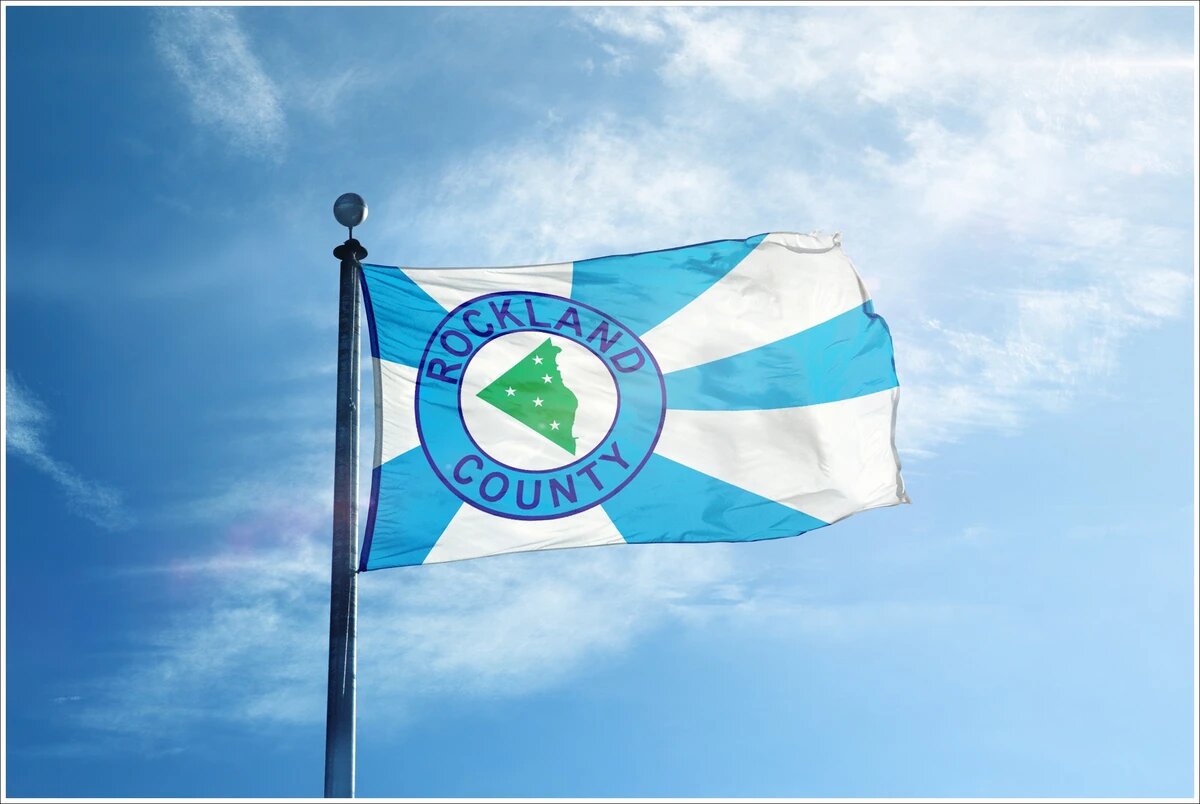In 1949, May was officially designated as Mental Health Awareness Month in the United States. Promoting discussions surrounding mental health helps to break down the stigmatization of these very human struggles, which in turn makes it easier for individuals to seek assistance when those struggles become too much to handle. In several counties around New York, including Rockland, a program called Astor Services is now able to provide Home-Based Crisis Intervention Program (HBCI) for juveniles who may need extra assistance.
“HBCI services are an intensive form of treatment that allows children who are at risk of psychiatric hospitalization to receive high-quality mental health care at home instead,” said Astor Services CEO Yvette Bairan. “Through the services of HBCI, Astor aims to reduce the trauma of a child being separated from their family and provide the structure and resources for treatment to be successful where they live. Plus, these services are completely free thanks to funding from the New York Office of Mental Health (NY OMH) and local county partners. Families do not even have to have insurance to be able to enroll in HBCI, which aligns with Astor’s mission of expanding access to care.”
The skills that these children and their families are being taught is dependent on the behaviors the child is displaying. These behaviors range from poor impulse control, to school avoidance to self harm. Astor Services has a range of methods for helping their patients, including Dialectical Behavior Therapy, or DBT. DBT is known for its effectiveness in navigating distressing thoughts and situations without using unhealthy coping mechanisms such as self harm or substances. The treatment encourages mindfulness, effective interpersonal relationship skills, and the ability to view and acknowledge multiple perspectives. Alec Miller, PsyD, a professor in the Department of Psychiatry and Behavioral Sciences at Albert Einstein College of Medicine explains DBT as being able to help patients recognize that “‘I’m doing the best I can’ on the one hand, and ‘I need to do better,’…That’s a dialectical truth.” This treatment focuses on restructuring thoughts to become more positive, while simultaneously being able to address that there is room for growth.
The program is for children ages 5 to 20 who are at risk for inpatient psychiatric hospitalization. The intervention takes place from four to six weeks, or for individuals with a dual diagnosis such as an intellectual disability, six to nine weeks and seek to provide treatment at the root of the issue, whether that issue is taking place at home, at school or out in the community. The program is fully funded by New York State, allowing Astor Services to assist people in all stages of life. “If a family is in crisis, the first question isn’t ‘What’s your insurance card?’, it’s ‘How do we help you keep your kid alive?’” said Michael Harris, the Director of Astor’s HBCI.
When a child is referred to Astor Services, whether through a guardian, a guidance counselor or a teacher, the clinician performs a consultation with the individual to see if this level of care is necessary. They then conduct a risk assessment where they visit the home and the clinician gathers psychosocial background information about the child, the family system, and the child’s strengths and weaknesses. This information provides the clinician with enough knowledge to make the most accurate game plan for the child and the family.
The symptoms of depressive thoughts and behaviors can be alarming for parents, and too often the common reaction is to send troubled children to the hospital. HBCI programs are working to change the narrative that placing a child in the hospital is where they will be safest. “In fact, it can be traumatizing and increase risk,” said Harris when discussing hospitalization. “And practically, if you had a two week time out in a hospital, you’re going to come back to where you were, where you’re getting triggered, where you’re struggling, and if we could actually work where it’s happening, perhaps that would be more effective.”
It seems to be working. According to the NY OMH, “HBCI programs that monitor placement rates report an average 85% success in averting unnecessary hospitalizations and placements.” Harris reports similar numbers: “About 90% of the youth that we work with were able to prevent a hospitalization during treatment or for a month after treatment.”
Of course, childcare does not exist in a vacuum. “To identify a child… as the problem to fix doesn’t include the reality of how children are being influenced by their environments” stated Harris. The HBCI services include not only individual therapy, but family therapy, parent coaching and skill building, as well as 24/7 on call phone support. With the financial backing from the state, the clinicians have the ability to have a smaller case load and allows clinicians to fully focus on the patients in their care.
Harris acknowledges that the idea of someone coming into your house for therapy can be anxiety inducing in itself, but emphasizes how collaborative the treatment is. “It really is important to honor family voice and choice [and] to understand what their concerns and objectives are,” says Harris. “It can be very difficult for families when someone you love is experiencing a mental health crisis,” says Harris. “It can be scary, it can be overwhelming, and we can even feel hopeless that change is possible. Something that’s been awesome to experience through the program is consistently seeing that positive change can occur, often more quickly than might be thought possible.”
Those interested in learning more about Astor Services can do so by going to astorservices.org/ or by calling 845-871-1000. If you are currently in crisis, please use the Astor Services hotline by calling 800-273-8255.


You must be logged in to post a comment Login